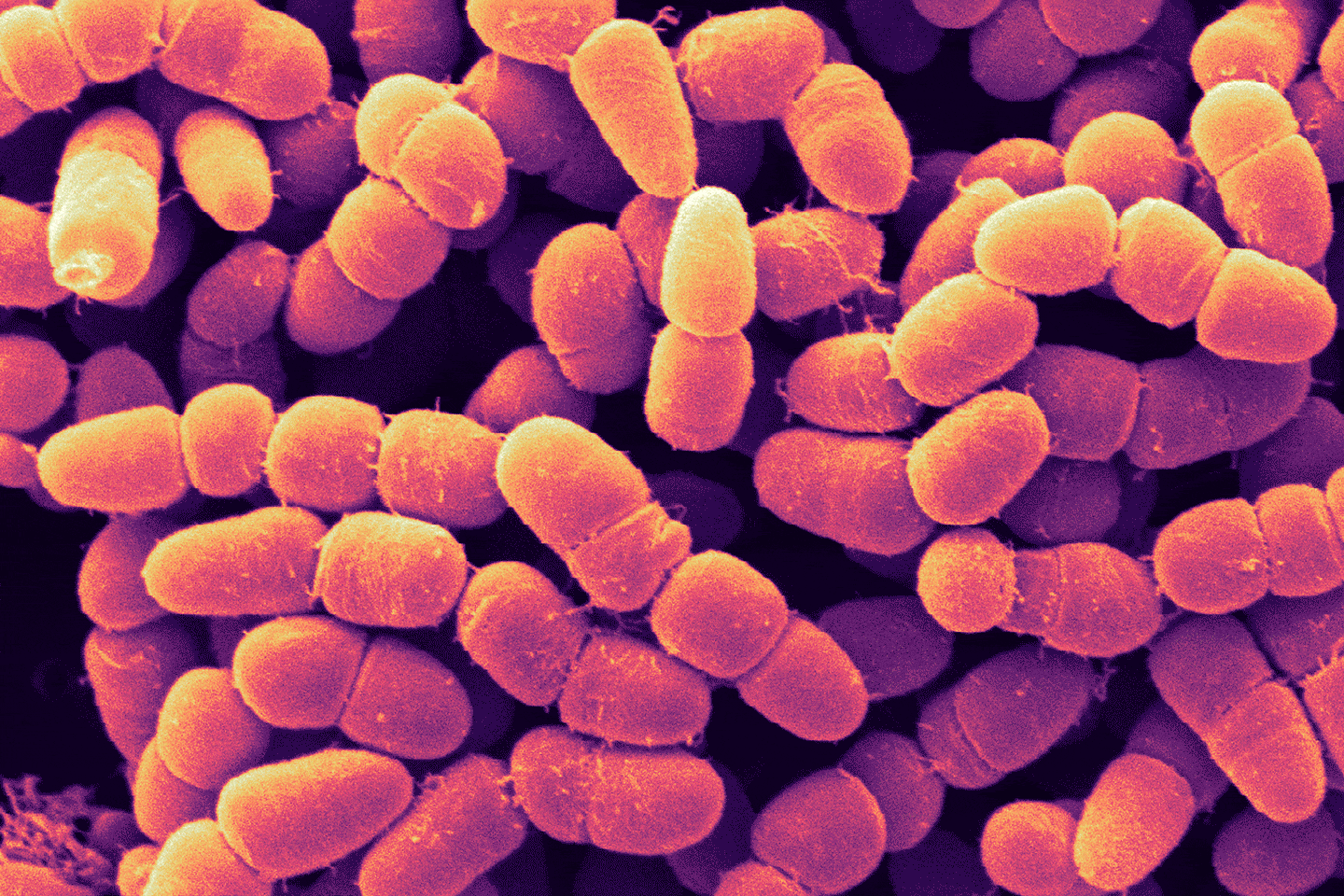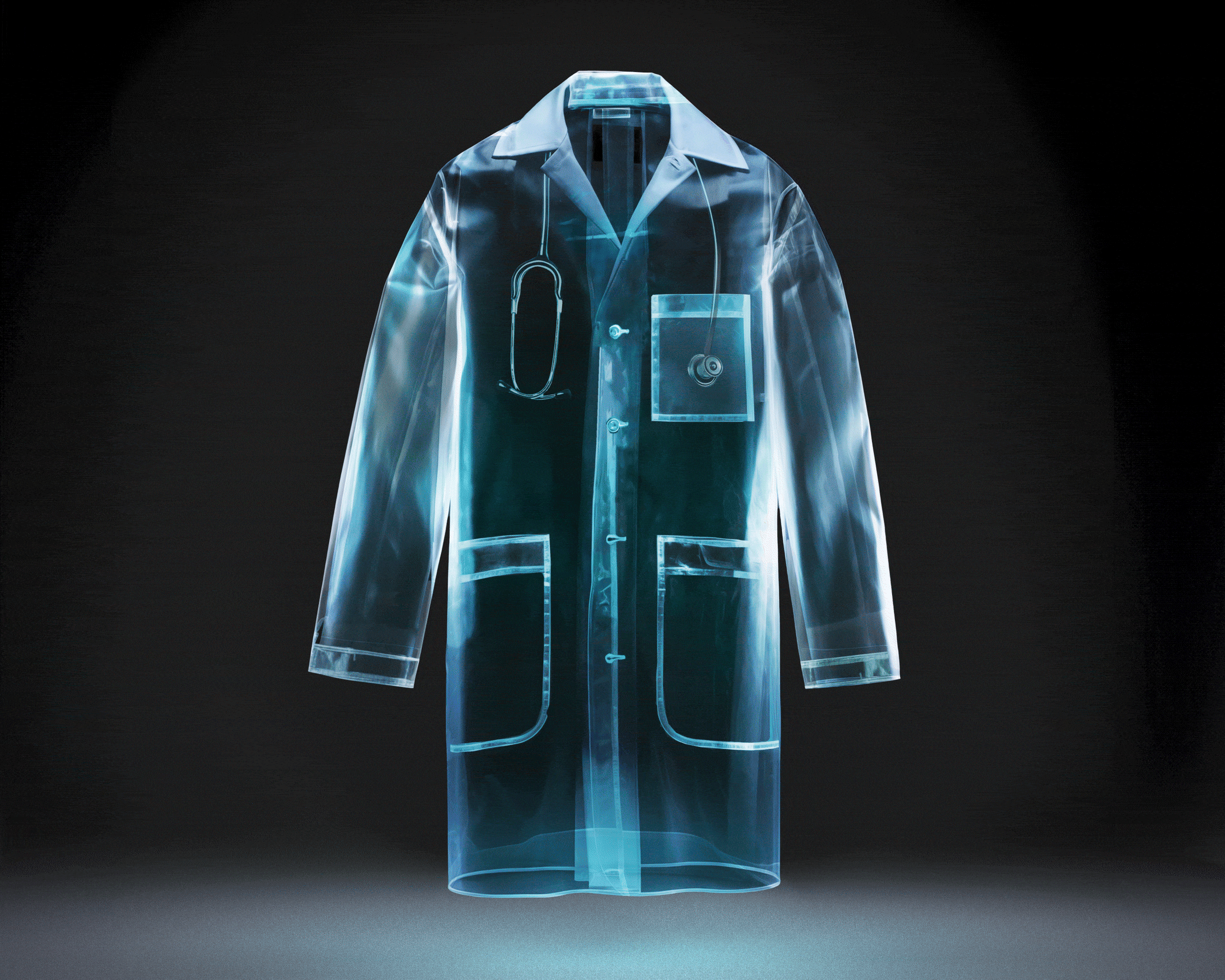De-Extinction, Jonas Salk, and More: the 3 Book List Returns
Back by popular demand: more great reading recommendations from people shaping the future of our species.
Elizabeth Blackburn won the Nobel Prize in medicine in 2009 for her research on telomeres and the enzyme telomerase. Last year, she became president of the Salk Institute for Biological Studies.
Genius in the Shadows: A Biography of Leo Szilard, the Man Behind the Bomb
by William Lanouette
A New York Times Book Review Notable Book of the Year in 1993, this is a fascinating biography of a man often called “an intellectual bumblebee,” who had early discussions with Jonas Salk that influenced the founding of the Salk Institute.
Jonas Salk: A Life
by Charlotte DeCroes Jacobs
This comprehensive biography of the man and scientist who developed the polio vaccine (“among the greatest successes of modern medicine”) is very engaging.
The Sleepwalkers: How Europe Went to War in 1914
by Christopher Clark
Authored by a professor of modern European history at Cambridge, this detailed historical account has implications for our troubled times.

Britt Wray is an author and science broadcaster whose upcoming book “Rise of the Necrofauna” explores the ethics of de-extinction.
The Immortal Life of Henrietta Lacks
by Rebecca Skloot
This captivating page-turner drills home exactly why social justice must always be at the forefront of our minds when we’re working at the frontiers of emerging biotechnology. For those wanting a deep dive into the scientific and ethical ocean that this story swims in, the book is much better than the film.
Flight Ways: Life and Loss at the Edge of Extinction
by Thom van Dooren
As an environmental philosopher, Van Dooren has a knack for explaining how a particular species’ gradual disappearance changes the world. Far from just repeating familiar narratives about the Anthropocene and the sixth mass extinction, he shows us how our attempts to care for the Earth and its creatures can lead us to create new, surprising types of harm in different, unintended places. It’ll make you think hard about the many blossoming innovations and biotechnologies that could help us care for the natural world in the future, like gene drives and de-extinction.
Rendering Life Molecular: Models, Modelers, and Excitable Matter
by Natasha Myers
This is a super-fresh approach to looking at how scientists come to know what they know. Myers investigates the world of protein modelers and the intricate, unexpected, and all-too-human ways they come to figure out the structural biology of life at the nanoscale. It sits at the nexus of art and science.

Cory Doctorow is an activist and writer whose most recent book is “Walkaway.”
Tropic of Kansas
by Chris Brown
Chris Brown — long known as a writer of perfect, jewel-like demented cyberpunk stories — makes his long-overdue novel debut with a hilarious, dark, and ultimately hopeful story of a terrible authoritarian president whose project to Make America Great Again has plunged the country into an authoritarian collapse that’s all too plausible.
Fifty Things That Made the Modern Economy
by Tim Harford
Tim Harford is an economist with a gift for explaining complex subjects in simple, accessible terms. His latest book uses 50 short essays about technologies as varied as Ikea’s Billy bookcase, the plow, and AI to illustrate the ways that the human race has transformed itself and the planet.
Autonomous
by Annalee Newitz
A robosexual romp through an unequal future where biotech patent-enforcement is the only law. It’s everything you’d hope for from the cofounder of IO9, a much-respected science communicator with a longstanding sideline in weird sex and gender issues. In this novel, indentured humans resent the conscious, enslaved robots for making forced labor socially acceptable. Hacker spaces become biohacker spaces, home to reverse-engineered, open source pharma, and GMOs that might just save the future.

Linda Avey cofounded 23andMe and Curious, which gives people ways to track and analyze personal data.
Through the Shadowlands: A Science Writer’s Odyssey into an Illness Science Doesn’t Understand
by Julie Rehmeyer
This book is about living with ME/CFS (Myalgic Encephalomyelitis/Chronic Fatigue Syndrome), a condition we’re focusing on at Curious. With her science journalism background, she casts as objective an eye as possible toward her own journey, with a rather surprising finish.
Tripping over the Truth: The Metabolic Theory of Cancer
by Travis Christofferson
An alt-view on the underpinnings of cancer. Anything that flies in the face of conventional thinking around disease theory is right up my alley.
Infectious Madness: The Surprising Science of How We “Catch” Mental Illness
by Harriet A. Washington
Ever since I first heard about the life cycle of Toxoplasma gondii, I’ve wanted to devour all research shining light on this phenomenon of bacterial influence on human behavior. We have a close friend whose son contracted OCD after a strep infection (now called PANDAS, or Pediatric Autoimmune Neuropsychiatric Disorders Associated with Streptococcal Infections). Luckily their pediatrician caught it early, and the symptoms of OCD were reversed by antibiotic treatment. We’re so early in our understanding of all the microbial influences in our lives. Washington’s review, published in 2015, is probably already out of date, but it’s a good primer.

Jamie Heywood is a cofounder of Patients Like Me, the biotech companies AOBiome and Genetic Networks, and the ALS Therapy Development Institute, which he began after his brother was diagnosed with ALS.
Guns, Germs, and Steel: The Fates of Human Societies
by Jared Diamond
To understand the forces, not just the people, that shaped the modern world.
The Goal: A Process of Ongoing Improvement
by Eliyahu M. Goldratt
Learning to identify and solve the root of a problem.
The Hitchhiker’s Guide to the Galaxy
by Douglas Adams
Because we should not take life (or our assumed knowledge) too seriously, or ourselves.












